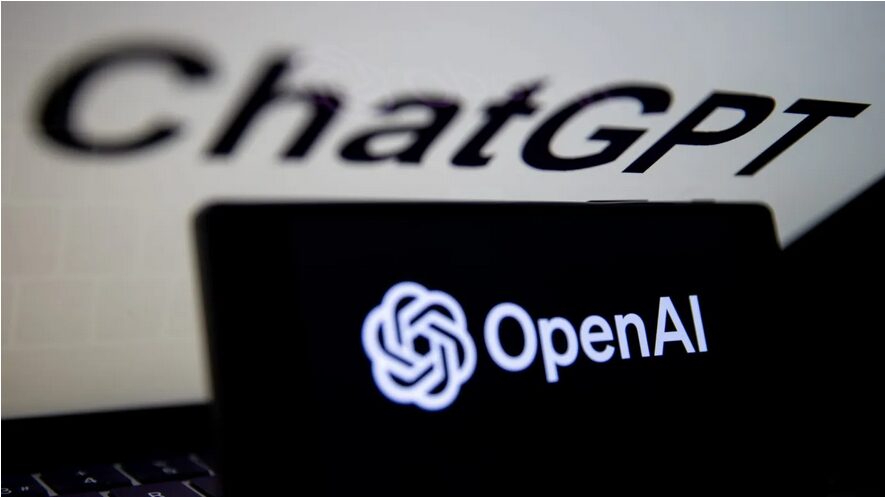
Soon, you will be able to instruct ChatGPT to forget things or to keep certain things in mind for you in subsequent talks.
OpenAI started testing additional “memory” settings today for a limited subset of ChatGPT premium and free users. A more widespread release is planned at an undisclosed future date. You may directly instruct ChatGPT to remember something, see what it remembers, or disable memory completely using the controls.
According to a blog article by OpenAI:
“ChatGPT may now use its knowledge gained from previous talks to provide more relevant replies. You may instruct ChatGPT to recall a particular detail during a conversation, or you can let it gather information on its own. With continued usage, ChatGPT’s memory will increase, and you will eventually be able to see these changes.
It is easy to imagine situations in which a ChatGPT with memory might be useful.
You may instruct ChatGPT to remember that you live in the suburbs and prefer to drive rather than use public transport, for example, by saying, “Remember that I live in the suburbs and mostly drive.” Alternatively, you might emphasise this for it (e.g., “Remember I have a kindergartner”) if you wanted its child-rearing counsel to apply to younger children because you had a kindergartener.
According to OpenAI, memory may be helpful in a professional setting in a number of ways, such as remembering programming languages and frameworks and preferences for blog post tone, voice, and layout.
GPTs, or personalised chatbots with their own memories that are driven by OpenAI’s models and accessible via the GPT Store. For example, the novels GPT may automatically recall your favourite genres and the novels you have previously read. However, neither ChatGPT nor these memories are ever shared with one another.
Both ChatGPT and GPTs include a memory function that may be turned off at any moment from the ChatGPT settings menu. When the memory feature is turned off, neither ChatGPT nor GPTs will generate or utilise memories. You may see, remove, or clear all of your memories from this same menu.
It should be noted that you must remove the memory itself in order to remove ChatGPT or GPT memories; you cannot remove a conversation from the chat history.
Considering that ChatGPT’s memory function is enabled by default, it is conceivable that the app might amass a significant amount of private information over time. OpenAI admits the potential and notes that, with a caveat for ChatGPT commercial clients and users who choose not to participate, it may utilise memories to enhance its models.
However, OpenAI also states that it is working to prevent ChatGPT from “proactively” memorising private data, such as medical records, unless the user specifically requests it to.
According to OpenAI, “ChatGPT’s memories evolve with your interactions and are not linked to specific conversations.” “And] GPT builders do not have access to memories, such as conversations, with GPTs.”
OpenAI is launching a new Temporary Chat feature in ChatGPT, initially restricted to a select subset of free and subscription users, to provide a more private experience. You may essentially have a chat with a blank slate when you use Temporary Chat; ChatGPT will obey customised commands if they are enabled, but it will not remember past exchanges or access memories.
ChatGPT: Transient Chat
For “safety reasons,” OpenAI states that it could retain a copy of Temporary Chat exchanges for a maximum of 30 days.





More Stories
30 ChatGPT Exercises for Engineers in Software Development
A Complete Guide: Developing a YouTube Channel to Succeed in the Digital Age
Share Price Decline due to intentions for Spending on Meta-AI